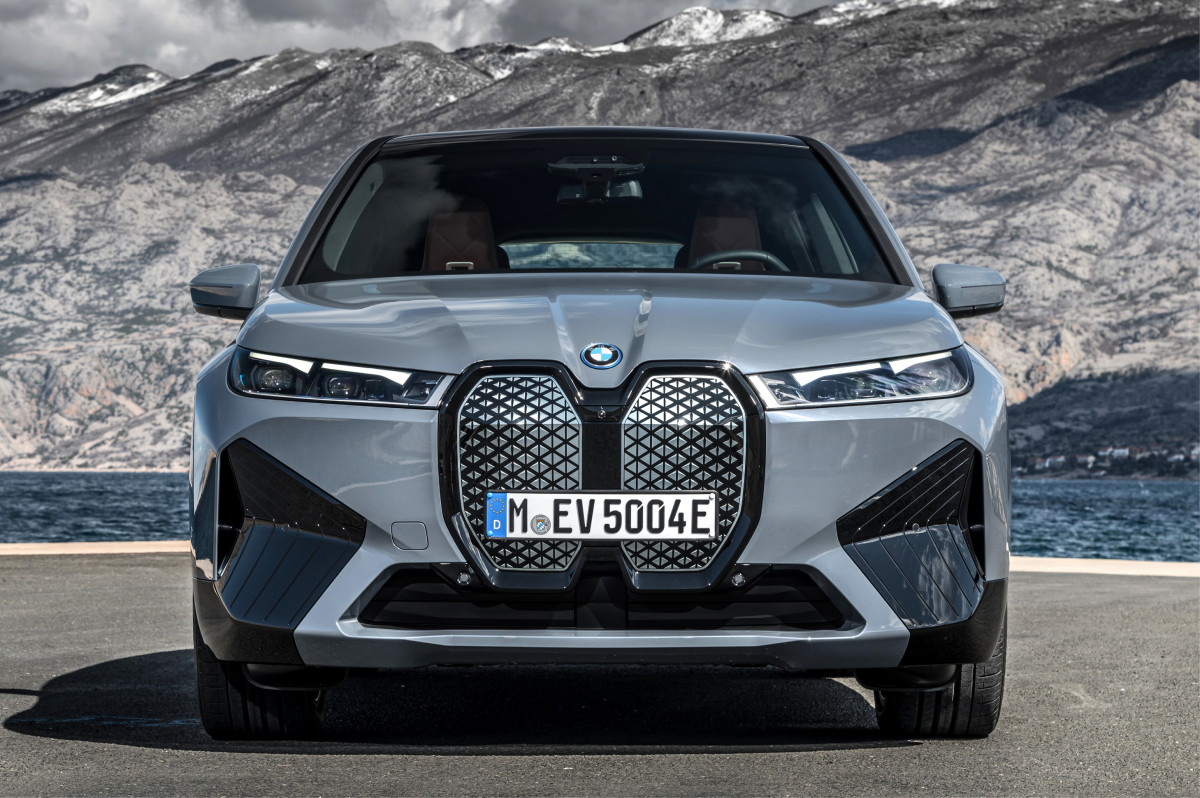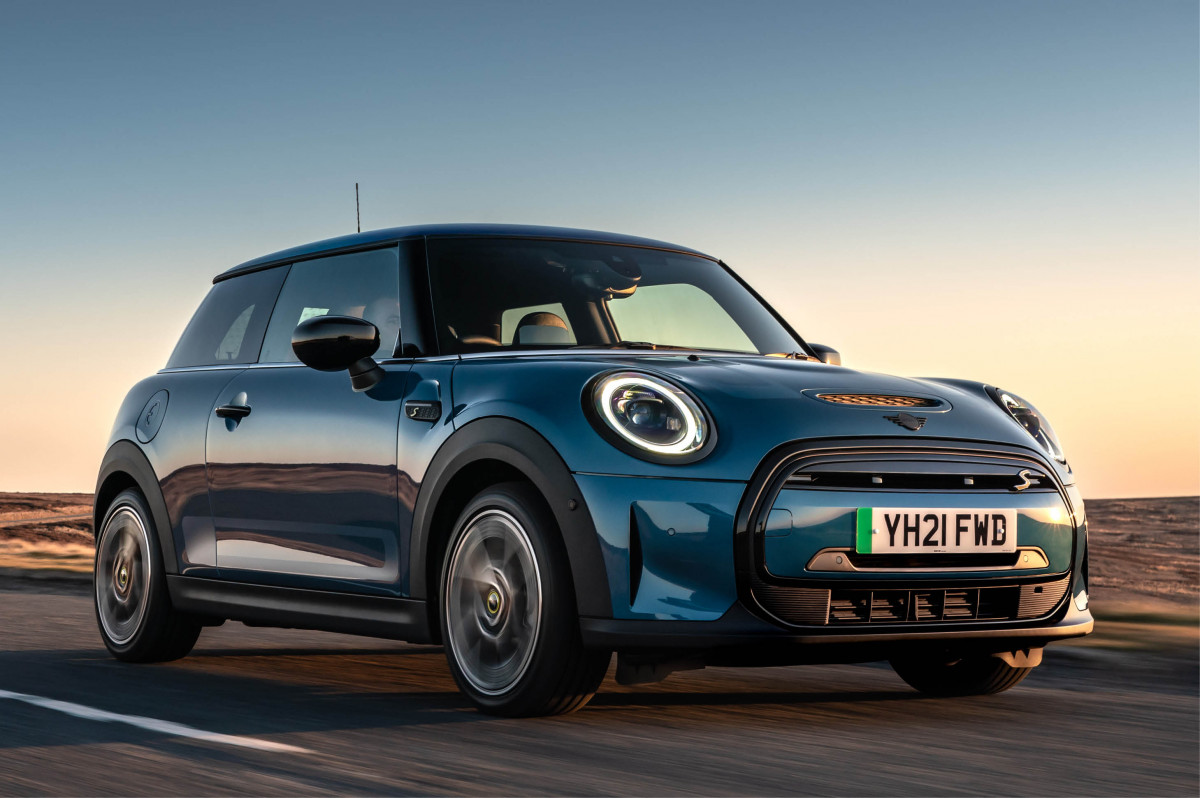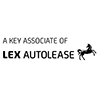We recently took a look at all the latest news from BMW and Mini as part of our 'deep dive' into some of the P+B core brands. We hope the information we've gathered will help shed light on what you may need to know before making any decisions. As always, get in touch with our expert team if you'd like to discuss your next lease in more detail.
Lead times and microchips
BMW has suffered a more chaotic experience from the microchip shortage than many other brands, despite initial indications being that their much vaunted “supply task force” had seen the chip shortage coming earlier than others, and prepared accordingly. The biggest issue from a client perspective, aside from the longer lead times, and indeed unpredictable adjustments to lead times, is the deletion of model features, as reported recently in the Independent.
As an example, in late 2021 BMW removed a popular feature from several models - touchscreen functionality on the infotainment screens. With BMWs SUVs built in North America, including popular models such as the BMW X5, the lead times don’t look set to improve dramatically for some time.

Discounts and pricing
One BMW model that has continued to sell well is the 3 Series, with its hybrid-engine model performing particularly well, in part due to its strong company car tax banding in comparison with its major competitors. This model has held pricing relatively well. The more ‘retail’ focused models such as the BMW, have increased in price dramatically in recent months, with the X5 hybrid, in particular, having offered excellent value in mid 2021, but now lagging behind the likes of the comparative Range Rover, Audi and Mercedes models.
Models and Electrification
BMW says it expects half of its sales to be fully-electric models by 2030. This is in stark comparison with the likes of Volkswagen, who have excited analysts by their ambitious plans for electrification. Many of the models are being built on the same platform as existing models (see the new i4 as an example, built on the 4 Series platform).
Again, this is something other manufacturers are consciously avoiding as a route to electrifying their range. Probably one of the most exciting cars to date is the Mini Electric, but this has failed to gather any market share to speak of, with the EV range so far behind its competitors. It represents a real missed opportunity for the iconic British car manufacturer, as our independent feedback suggests far higher adoption amongst our clients were the range to be comparable with the likes of the VW ID.3.

Strategy Snapshot
In March 2021, BMW Chief Executive Oliver Zipse explained to Reuters, “There is a perception that we took a break, but we actually didn’t take a break… We waited for the moment when electromobility is really getting into higher volumes.” Whether you believe this or not, it is indisputable that BMW has lost ground in the race to lead the path into the brave new world of automotive mobility. They were the first premium manufacturer to fully embrace an electrified future when the i3 launched in 2013, followed quickly by the i8 sports car.
Since then, previous CEO Harald Krueger has been felled by his inability to capitalise on this early advantage, and the firm finds itself having fallen behind almost every major manufacturer in its electrification strategy. Looming on the horizon is another issue; that of autonomous cars. With a brand built on being “The Ultimate Driving Machine”, how BMW adapt to the twin futures of electric vehicles and autonomous cars will be an interesting subplot of the 20s automobile revolution.








